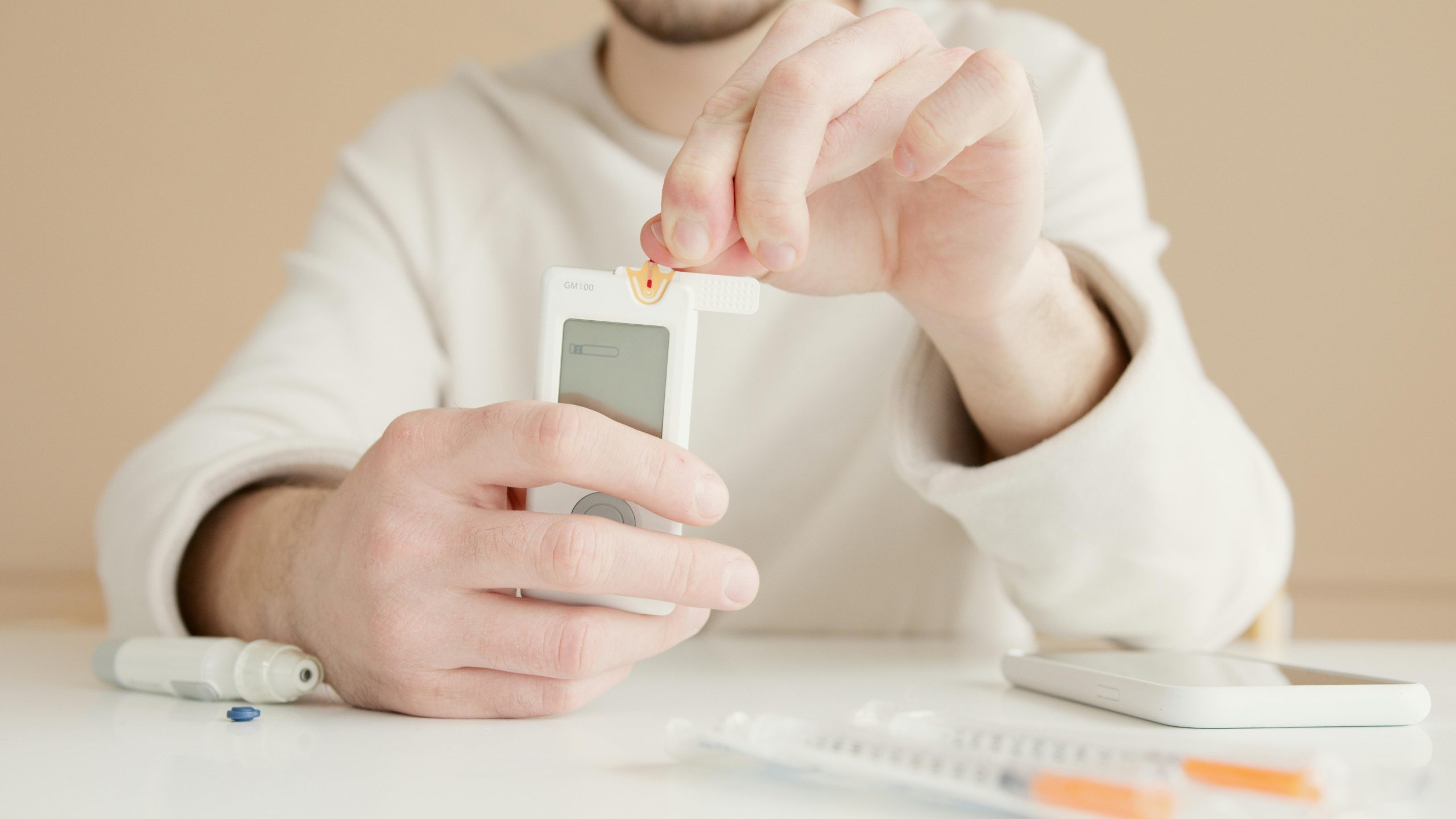Complications of Diabetes: Can we prevent them?
Complications associated with diabetes can impact a patient’s quality of life. These complications can affect vital organs such as the brain, heart, and kidneys. If left untreated, complications from diabetes may lead to death. In the year 2021, diabetes was the eighth leading cause of death in America. Hence, continued efforts to prevent diabetes complications are necessary.
Diabetes mellitus or Type 2 diabetes usually affects adults and is characterized by increased blood sugar levels due to decreased insulin secretion in the body. Diabetes mellitus complications are often associated with poor control over blood sugar levels. This article focuses on the common complications of diabetes mellitus, tips for better blood sugar control, and self-management strategies while living with diabetes.
What are the major complications of Diabetes?
Health complications of diabetes are categorized into two groups- acute and chronic. Acute complications develop over a short period such as a few hours, while symptoms of chronic complications may present after several years.
Acute complications
Acute complications usually require immediate medical attention to stabilize the patient.
- Hyperglycemia– Hyperglycemia or increased levels of blood sugar is the most common reason for an emergency room (ER) visit among patients with diabetes.
- Hypoglycemia– Hypoglycemia or decreased levels of blood sugar can cause dizziness, seizures, or even death. Hypoglycemia also increases the risk of other diseases such as dementia or kidney diseases.
- Ketoacidosis– Due to the lack of insulin, the body produces too many ketone bodies that make blood more acidic. This is a life-threatening complication and often requires hospitalization.
Patient education programs can help in reducing acute complications. Patients can detect their symptoms early on and seek medical help on time.
Chronic complications
Chronic complications arise as diabetes affects large blood vessels such as coronary arteries, ultimately leading to cardiac diseases. Diabetes also affects small blood vessels or the capillaries resulting in eye, kidney, or nerve disease.
- Heart– Diabetes increases the risk of heart diseases such as cardiac ischemia, heart failure, and stroke. Periodic screening for heart diseases can help in early diagnosis of heart diseases.
- Retinopathy– The retina is the innermost layer of the eyeball. Diabetes affects the blood vessels of the retina, causing blurred vision or fluctuating vision, eventually leading to vision loss. Doctors recommend a thorough eye exam every year if patients notice any changes in their vision.
- Nephropathy– Diabetic kidney diseases are found in ~37% of patients with diabetes. Patients experience symptoms such as increased blood pressure, foamy urine, swelling of the limbs, and shortness of breath. Smoking may further aggravate kidney diseases and therefore, smoking cessation is highly recommended.
- Neuropathy– Approximately half of the patients with diabetes experience symptoms of peripheral neuropathy. Patients often report loss of sensation, burning or stabbing sensation in their limbs. The use of therapeutic footwear or cushioned socks can help reduce pressure on the feet.
- Diabetic foot ulcers– Diabetic foot ulcers are one of the most common causes of limb amputation. Research suggests that the majority of amputations can be avoided by patient education and regular medical monitoring of feet.
Depression or other coexisting mental health disorders can increase the chances of chronic complications. If you or your loved one with diabetes notice any of these symptoms, then schedule an appointment with your healthcare provider for a consultation soon.
How can patients control their blood sugar levels?
For a majority of patients, taking medicines regularly helps in controlling their blood sugar levels. Estimates suggest that only ~ 60% of patients adhere to their prescribed medications. Healthcare teams can suggest various strategies to stick to the medication schedule. For instance, a pill box and phone reminders can help patients take medicines every day at a scheduled time.
Further, some patients may skip medications due to their beliefs such as a specific medicine may be harmful. A healthcare provider or a pharmacist can provide information about various drugs. Lastly, some patients may not be able to afford their medications. In such situations, low-cost alternatives may be necessary. These strategies can help in achieving better control over blood sugar levels and thereby few complications.
Can complications of uncontrolled diabetes be prevented?
Along with medication, lifestyle changes may be necessary to prevent complications of uncontrolled diabetes. Patient education programs can equip patients for diabetes self-management at home in between their clinic visits. After discussing with their healthcare team, patients with diabetes manage their symptoms with recommended dietary changes, daily exercise, regular blood sugar monitoring, and routine foot check-ups.
Dietary changes can be easier when the suggested change is culturally acceptable. For instance, a traditional Mexican diet includes foods such as beans and corn. When consumed in the right portion size, these foods help in better control of blood sugar levels. Ask your healthcare provider to suggest culturally appropriate foods, if you are facing difficulties in dietary changes.
Exercise, regular blood sugar monitoring and foot care can be overwhelming initially. Technology can assist patients in maintaining their exercise routines and check-up schedules. Using health-tracking apps for exercise can help patients with self-monitoring. Many apps provide an opportunity to interact with other users in the same situation. This social support can further foster healthy behaviors. Modern devices such as Feetsee can help in foot care to detect early signs of inflammation.
In a nutshell, diabetes-related complications can be grouped into acute complications or chronic complications. Acute complications such as hyperglycemia can develop over a short period and require immediate medical attention. Chronic complications such as neuropathies run a prolonged course over years. Patient education, periodic monitoring, and timely medical interventions may help in preventing complications.
At Feetsee, we use modern technology to monitor foot inflammations, which helps in preventing diabetic foot complications. Talk to your healthcare provider today to learn more about Feetsee devices.

Detect Early, Prevent Amputations
Diabetic foot ulcers (DFUs) lead to significant discomfort, pain, numerous amputations, and billions of dollars in healthcare costs each year.
